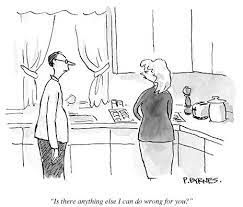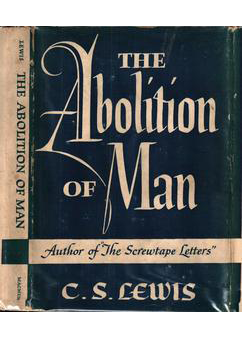“Behind him, in the dense green trees of the new garden numerous other birds were singing as though they had just been created. For, of course, as far as they were concerned, they had been.”
The Naughty Boy of Evangelicalism
Introduction: One of the things I learned from the late Gary North was the three-fold division regarding different kinds of religion. There were, according to his taxonomy, these three: power religion, escape religion, and dominion religion. This grid can be applied to all religions, which means it can also be applied to the evangelical subsets …
Breathing Glory
“Suddenly, he caught another burst of white off to the right. He walked slowly forward, and, as he did, he could feel a heavy weight settling on his chest. Years later, when he was an old man, he said that it was like breathing glory, and that it was too thick for him to breathe in.”
That Was Thoughtful

A Rancid Brown Taste
“Andrew felt as though he recognized him somehow, and also felt something in his stomach, something that felt like it had tasted like guilt before it got to his stomach.”
Like the Blackest of Gravel
“‘Welcome to my home,’ the creature on the right side said. His voice sounded deep, like black gravel.”
Andrew and the Firedrake, p. 9
Letters That Say What Needs to be Said
Letter to the Editor: I am a believer in Memphis, TN. I am at a reformed church and we have family meals after the service where members can fellowship with each other. I say this to show ...
Soft But Metallic
“The air was completely still, and the boy could not hear anything, not even the faint murmuring of insects. And that is why, after about a half an hour, his attention was drawn to a distant metallic sound, like silver coins being stirred in a chest in a distant room.”
Andrew and the Firedrake, p. 3
Ghastly Simplicity
Introduction: Some things cannot be said without presupposing other things. All words require a speaker. All laws require a legislature. All design presupposes a designer. All morality assumes a standard. ...
A True Story Either Way
“But I can say that if it really happened, then it happened as I have told it. If it did not, then it should be reckoned as the kind of fairy story that is still truer in many ways than the true histories that some people think they like to tell.”
Andrew and the Firedrake, p. ix




